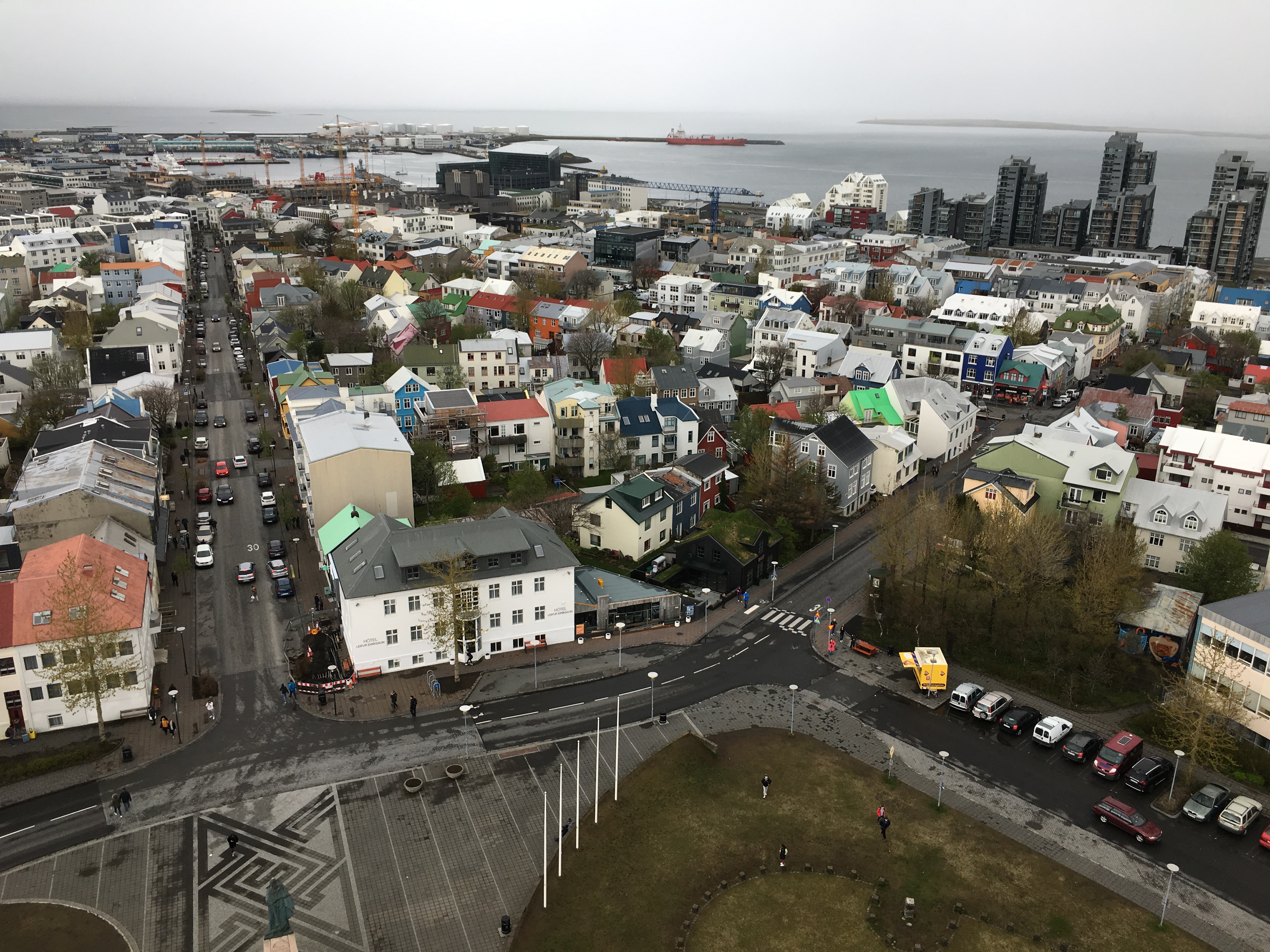Iceland to cap off challenging Arctic Council chairmanship at Reykjavik ministerial
The meeting is unlikely to be marked by the divisions witnessed at the Rovaniemi ministerial two years ago.

When the Arctic Council convenes on May 20 in Reykjavik for its biennial ministerial meeting, the government of Iceland will officially wrap up what has been an extraordinarily challenging tenure chairing the eight-nation organization.
Iceland’s chairmanship started in 2019 with turmoil at the Rovaniemi ministerial meeting where Finland handed off its leadership duties. For the first time since the Arctic Council was formed in 1996, the ministerial produced no consensus statement to guide future work. Under the Trump administration, the U.S. delegation objected to language about climate change and ocean acidification, and Mike Pompeo, Trump’s secretary of state, delivered a belligerent address that both insulted other nations and dismissed climate change concerns. On the contrary; he characterized the loss of Arctic ice as a positive change that would allow for more oil drilling and other resource extraction.
[How the Trump administration’s climate denial left its mark on the Arctic Council]
Such discord is not expected at the upcoming ministerial.
“I’m quite confident that there will be a Reykjavik Declaration,” said David Balton, a State Department veteran who chaired the Senior Arctic Officials group during the 2015-17 U.S. chairmanship.
With the Biden administration in place, relationships between the U.S. and other Arctic Council members “are on the mend, as they are in any number of diplomatic settings,” said Balton, who is now a fellow at Stanford’s Center for Ocean Solutions.
Beyond the unusual kickoff, Iceland’s chairmanship has been marked by the coronavirus pandemic. Arctic Council meetings and events moved online, and stalled fieldwork affected many research projects important to the council and its stakeholders.
“It’s not easy to do the sort of work the Arctic Council does remotely,” Balton said.
The ministerial, to be held in Iceland’s capital city, will be the first in-person Arctic Council event since the pandemic began, though online access will also be available. All eight Arctic nations’ foreign ministers are expected to attend — U.S. Secretary of State Antony Blinken last month announced his plans to be there — but total in-person attendance is still likely to be much lower than the 230 people who participated in the 2019 ministerial.
Evidence of work done over the past two years will be presented in the form of about 80 projects to be presented by Arctic Council working groups.
Those “deliverables” provide evidence as to how Arctic Council participants were able to overcome challenges to work together, Ambassador Einar Gunnarsson, outgoing Chair of the Senior Arctic Officials, said in a statement issued on Monday.
“I’m incredibly proud of the Working Groups. Their reports, assessments and action plans are crucial for informed decision making, and the fact that they are successfully delivering numerous quality products despite being hindered by the pandemic, shows their swift adaptability and dedication to their work,” he said in the statement. “Iceland had an ambitious program for its Chairmanship at the outset. We’ve had to work around some unexpected challenges, and that makes me even more pleased that we are on track to conclude the Chairmanship with a strong Ministerial declaration and a strategic plan that reaffirm the Council’s commitment to a peaceful, prosperous and sustainable Arctic region.”
The strategic plan to guide the Arctic Council’s future was one of the four priorities for Iceland’s chairmanship.
In Balton’s view, the new strategic plan should boost the council’s transparency and accountability. Modernization is necessary, he said. The council was formed 25 years ago, and had it been created today it would likely be structured a bit differently, he said.
The council has proved itself to be resilient. “They’ve sort of weathered the storm,” he said. “The Arctic Council might have suffered some serious setbacks over the last two years.”
The Icelandic chairmanship also included a focus on ocean issues, appropriate for an island nation.
Addressing plastics pollution has been a big priority over the past two years. As part of the chairmanship, the government of Iceland in 2020 hosted an online symposium on plastics in the Arctic and subarctic marine environment and one of the working groups has developed a regional action plan, which includes recommendations for better solid-waste management, coordinated scientific study of effects and public education. Work also included a “plastic-in-a-bottle” experiment that used drifting capsules to help scientists better understand the movement of discarded plastics through the North’s marine environment.
Other business on the agenda will be consideration of two applications for Arctic Council observer status. The governments of Estonia and Ireland have submitted applications for membership to that group; at the 2019 ministerial, the International Maritime Organization was approved as an observer. The Arctic Council observers, a group that now numbers nearly 40 governments, intergovernmental and non-governmental organizations, do not participate in decisions, but they are allowed to watch closed-door proceedings.
Russia will take over the chairmanship at the end of the ministerial. The Russian priorities, according to previous statements, will include a focus on economic development, including improvement of digital communication and expansion of renewable energy.
With its heavy economic dependence on oil and gas and its desire for more shipping along the increasingly ice-sparse Northern Sea Route, Russia may be less interested in climate change than are the rest of the Arctic Council members, Balton said.
“We’re at a point where seven of the eight Arctic council countries probably would prefer to push stronger on environmental protection and climate-related things more than Russia does,” he said.
Still, he does not expect the Russian chairmanship to neglect the issue. “They know that the world is moving away from fossil fuels,” he said.